Architectural Narratives
Architectural Narratives
Adie Awad Fareez Alnobani
B.Sc. Architectural Engineering. The Hashemite University. Jordan (2013)
The growing influence of computing and digital technologies is creating a landscape of rapid change in both societal and urban structures.
It is critical to explore a framework for architectural production that adapts and constantly negotiates with its context, conceiving of built forms as entities capable of resilient and adaptive behavior.
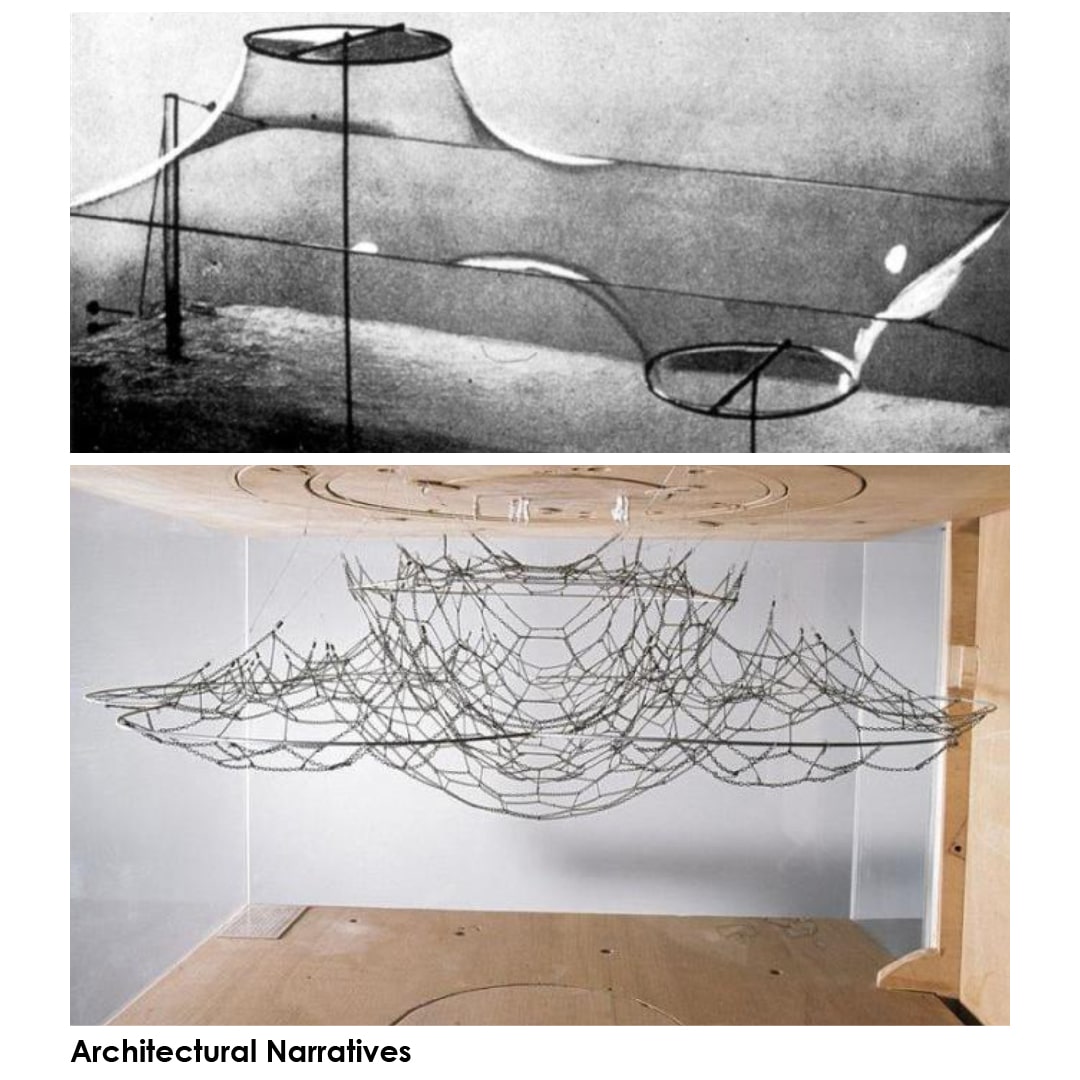 This research explores possible mediating languages that are capable of embodying traces of generative behavior resulting in geometries that are adaptable to context and design decisions.
This research explores possible mediating languages that are capable of embodying traces of generative behavior resulting in geometries that are adaptable to context and design decisions.
More precisely, it explores voxels and Tetra Meshes as computational representations affording morphological and adaptive behavior in architecture.
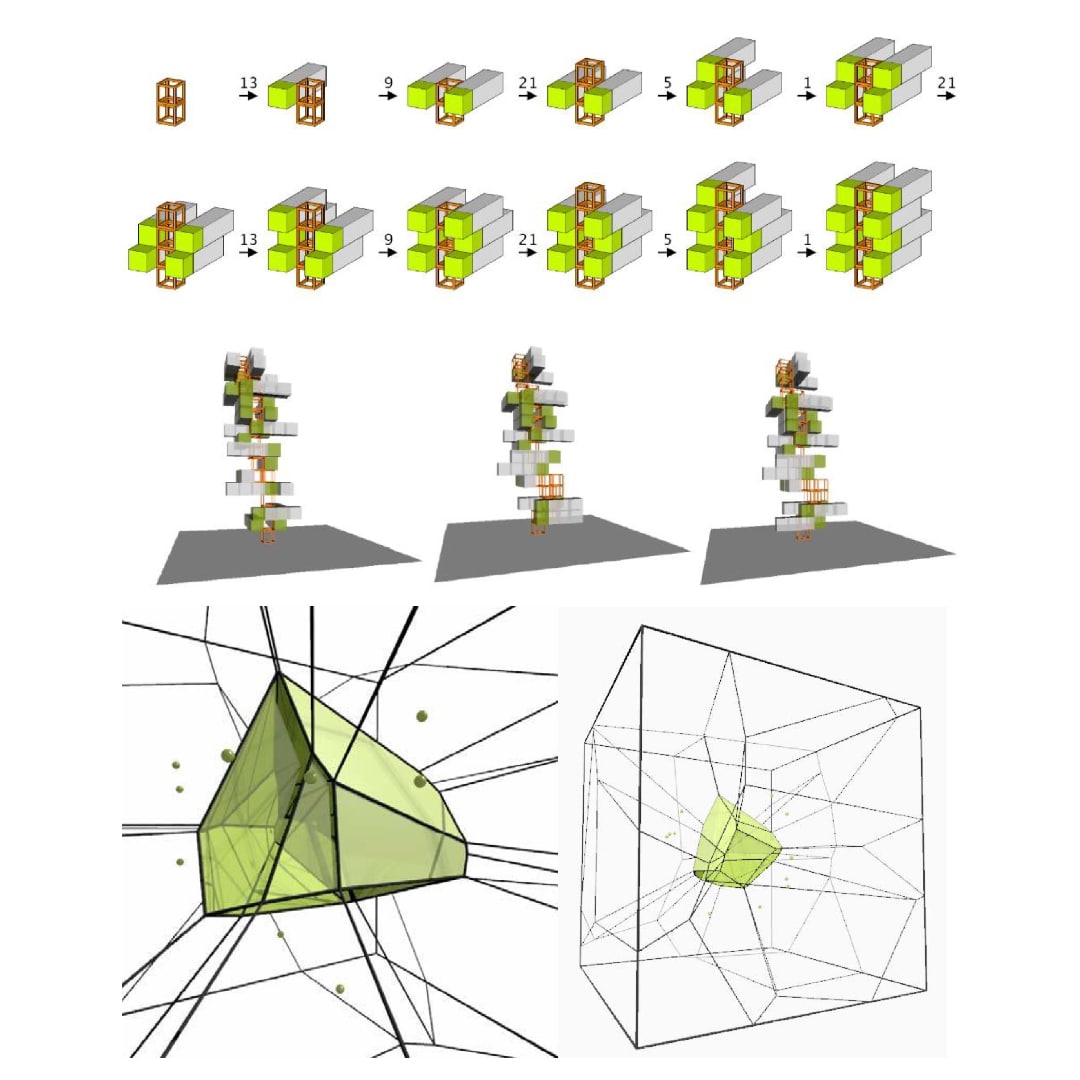 In an age of sustainability, architecture is coupled with availability of new technologies that allows evaluation and adaptability in its performance. It challenges architects to establish a negotiation between the environment and the built structure.
In an age of sustainability, architecture is coupled with availability of new technologies that allows evaluation and adaptability in its performance. It challenges architects to establish a negotiation between the environment and the built structure.
Such concepts of sustainability can be seen in in power generation, solar radiation, and ecological infrastructure.
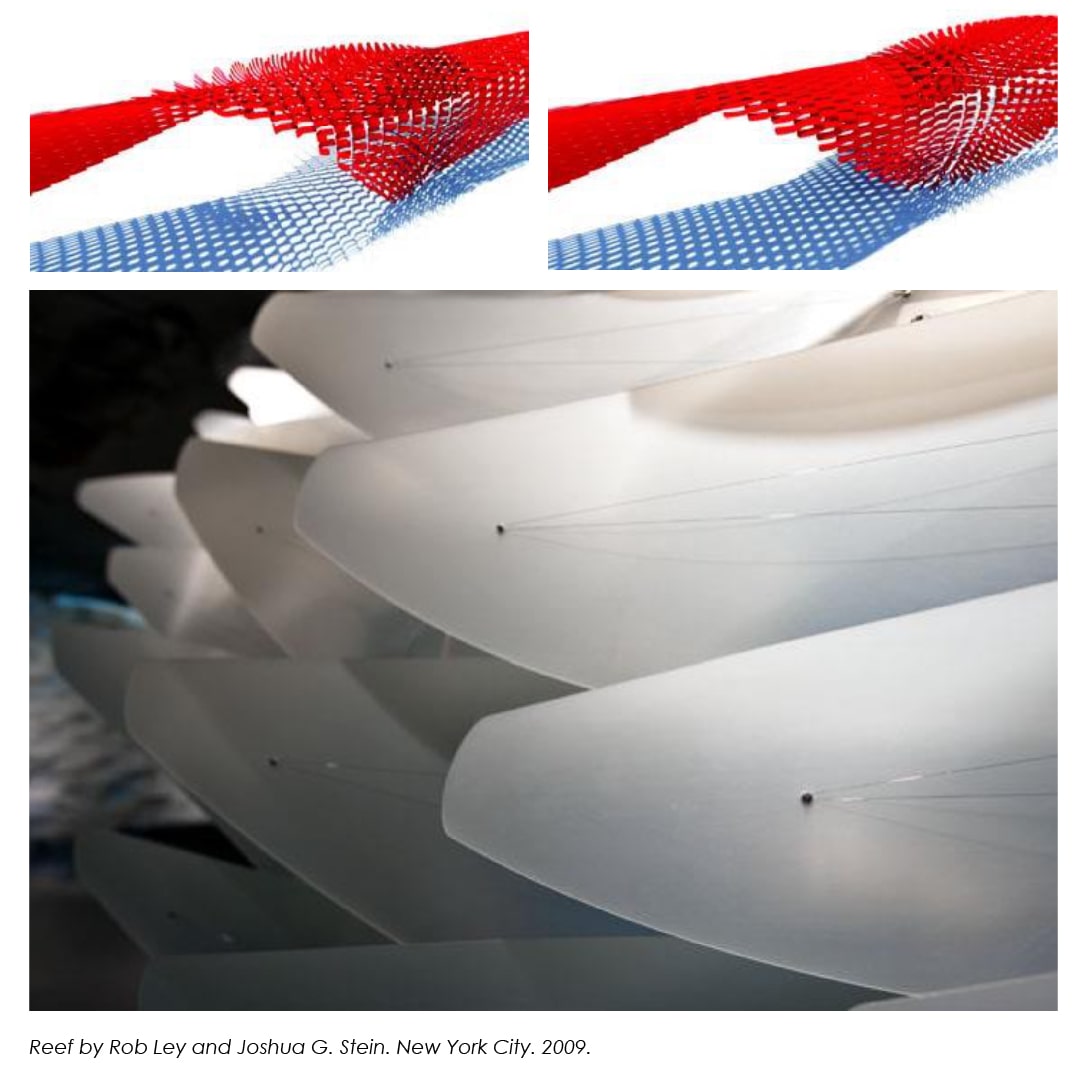 Also, societies are progressing in the context of the growing usefulness of computation and technological innovations, it is changing our understanding of time lapses as they are becoming increasingly shorter (by development taking place).
Also, societies are progressing in the context of the growing usefulness of computation and technological innovations, it is changing our understanding of time lapses as they are becoming increasingly shorter (by development taking place).
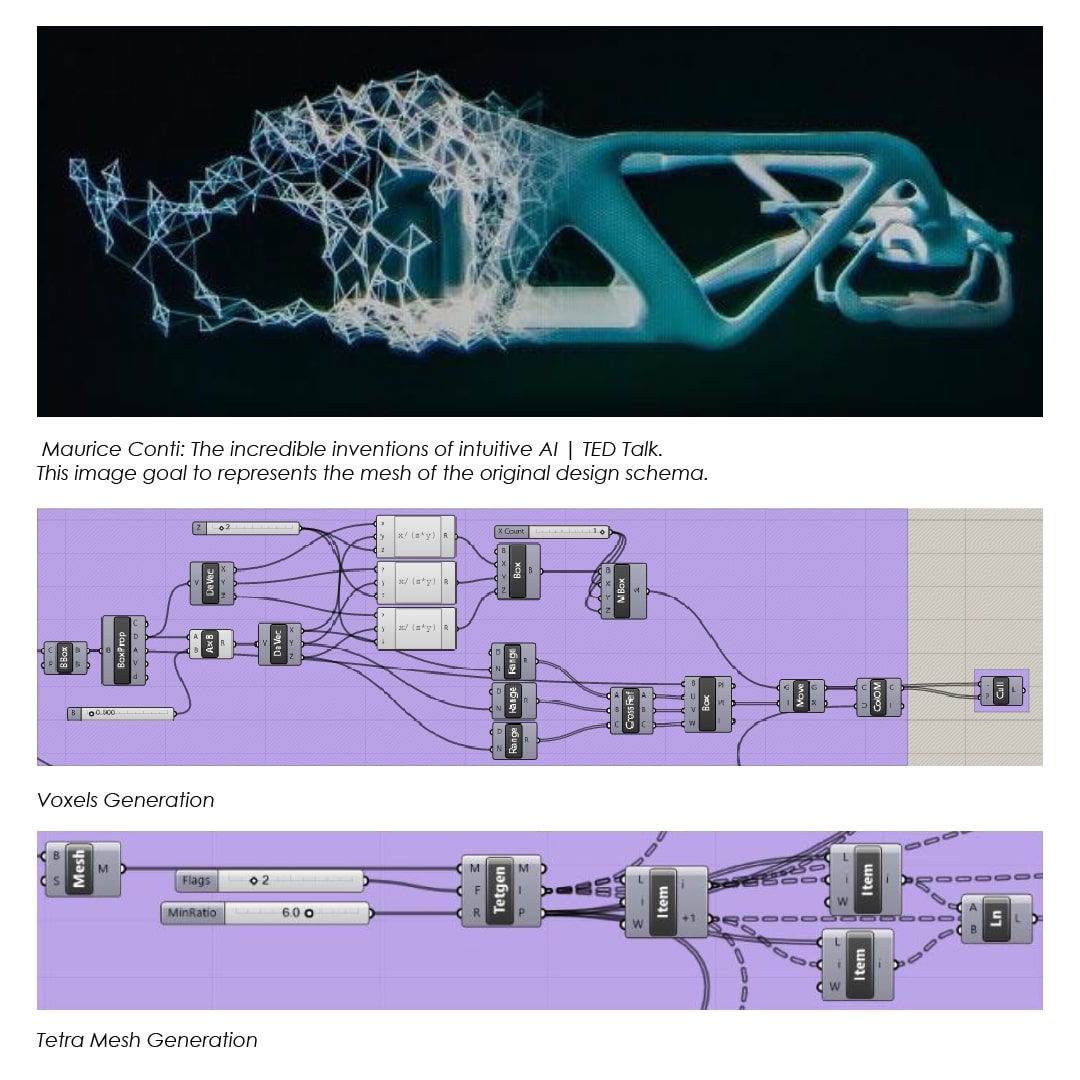 For example, development such as ubiquitous computing and mobile telecommunications are creating new ways to think about communities and the uses of public space by reshaping the definition of privacy or sacrificing some areas of privacy to gain other benefits.
For example, development such as ubiquitous computing and mobile telecommunications are creating new ways to think about communities and the uses of public space by reshaping the definition of privacy or sacrificing some areas of privacy to gain other benefits.
This calls for an understanding of sustainability in architecture in such a way that makes places sustainable over time.
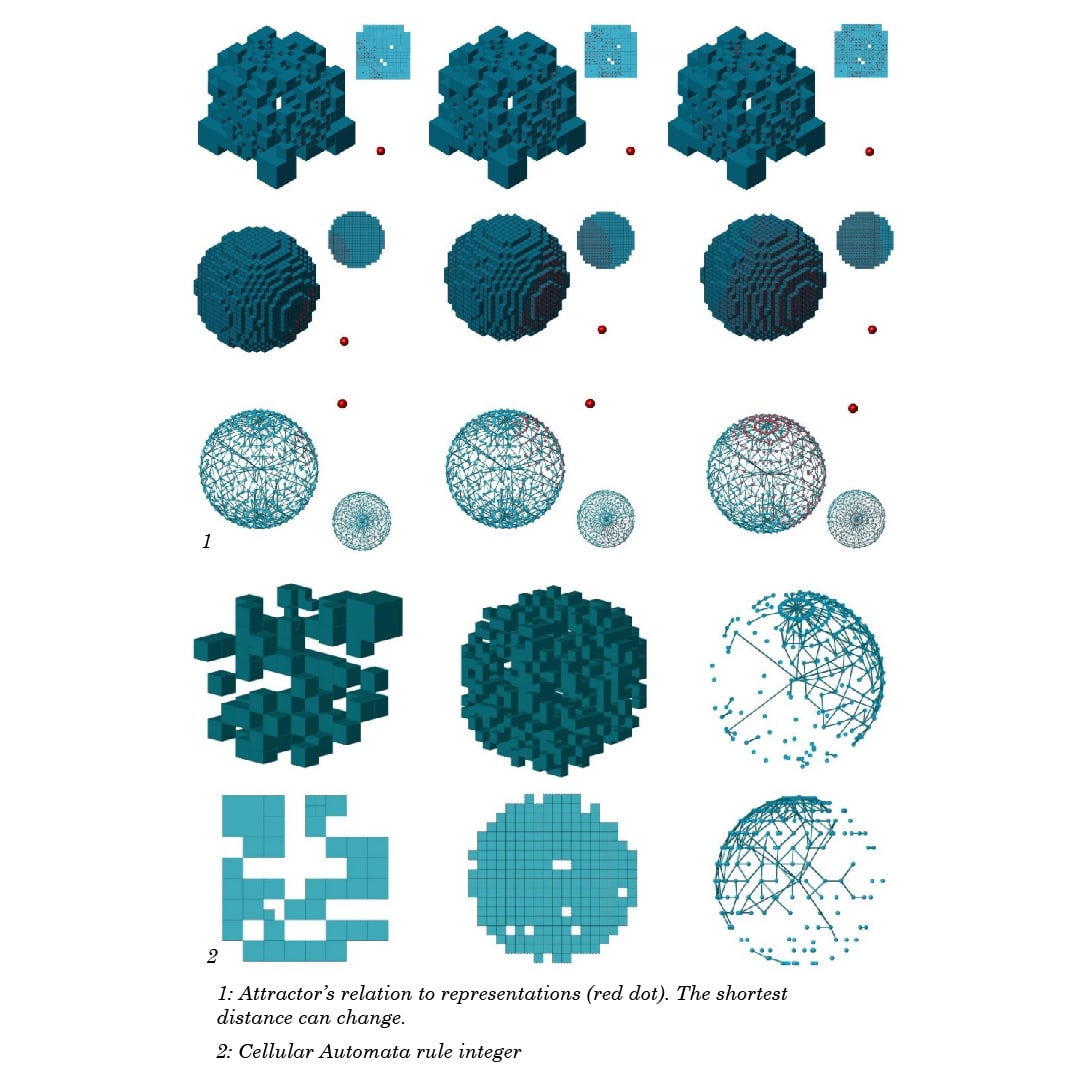 This shifts our minds to think about architecture in a context amenable to temporal realities and change, by incorporating time as a design contingency.
This shifts our minds to think about architecture in a context amenable to temporal realities and change, by incorporating time as a design contingency.
Generally, in architecture, designers think about functional performance and aesthetic values while freezing the time component resulting in a static fixed structure.
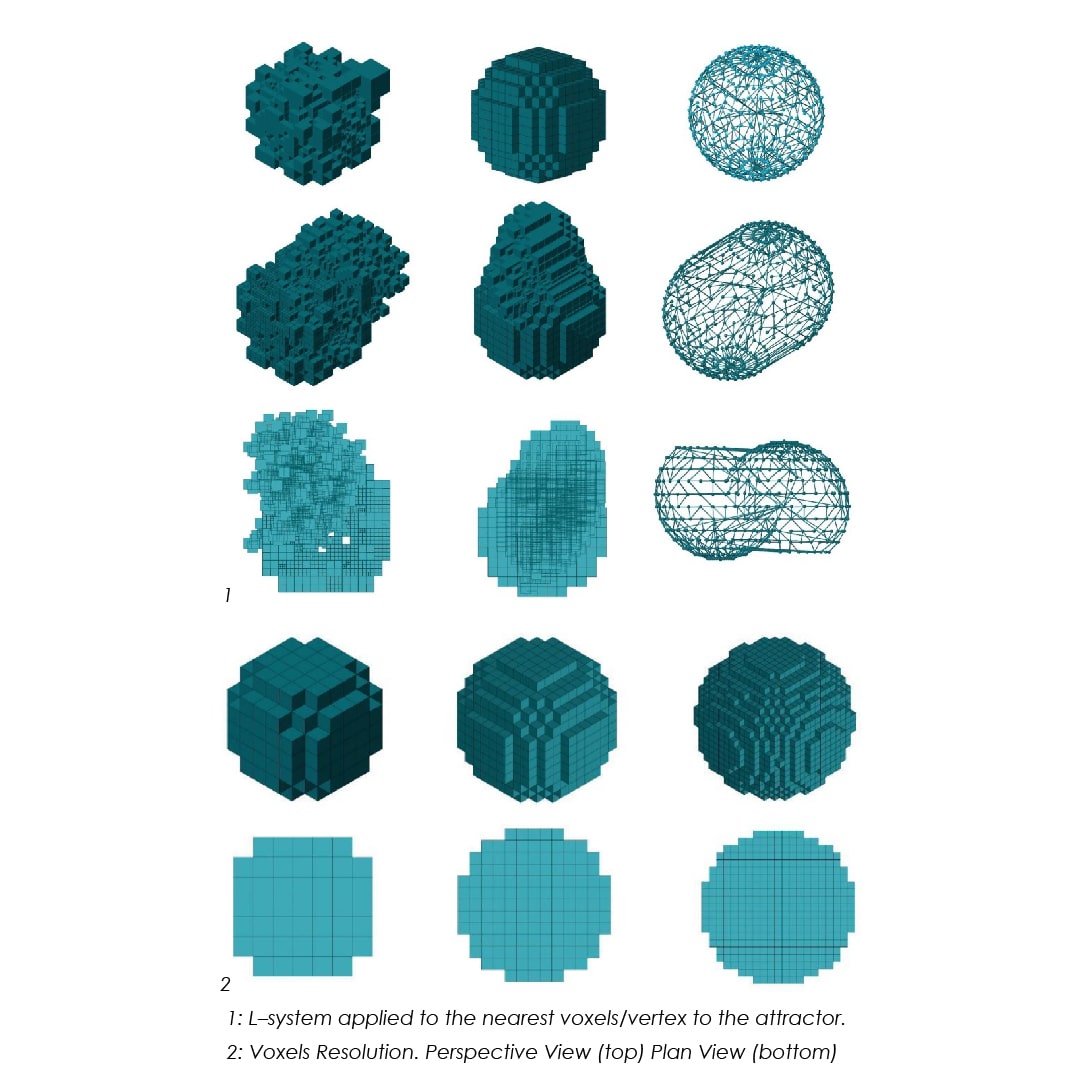 One of his experiment in 1993 infers from solar radiation, by creating an initial form while its elements (genotype) grow or move to protect the surface from solar radiations (specified by using the three-dimensional cellular automata controlled by genetic algorithm).
One of his experiment in 1993 infers from solar radiation, by creating an initial form while its elements (genotype) grow or move to protect the surface from solar radiations (specified by using the three-dimensional cellular automata controlled by genetic algorithm).
This results in a formative process instead of explaining the form by reflecting a bottom-up process in form finding and how it might replace a top-down one.
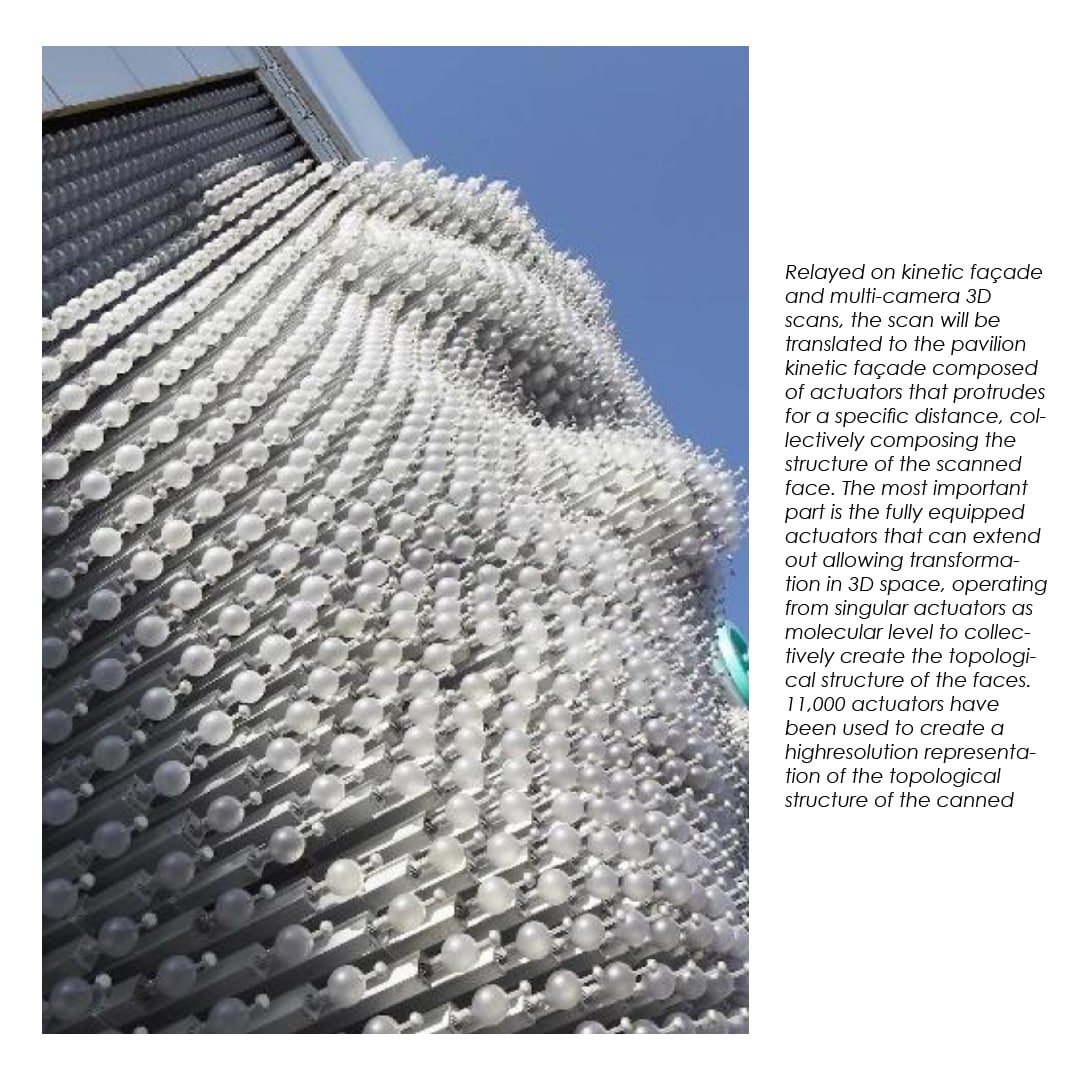 The notion of these representation is to make use of dynamically and generative parametric methods and apply them as a configuration of the design, the figurative aspects of the source schema become less important while the overall notion of the resulting representation will still be maintained.
The notion of these representation is to make use of dynamically and generative parametric methods and apply them as a configuration of the design, the figurative aspects of the source schema become less important while the overall notion of the resulting representation will still be maintained.
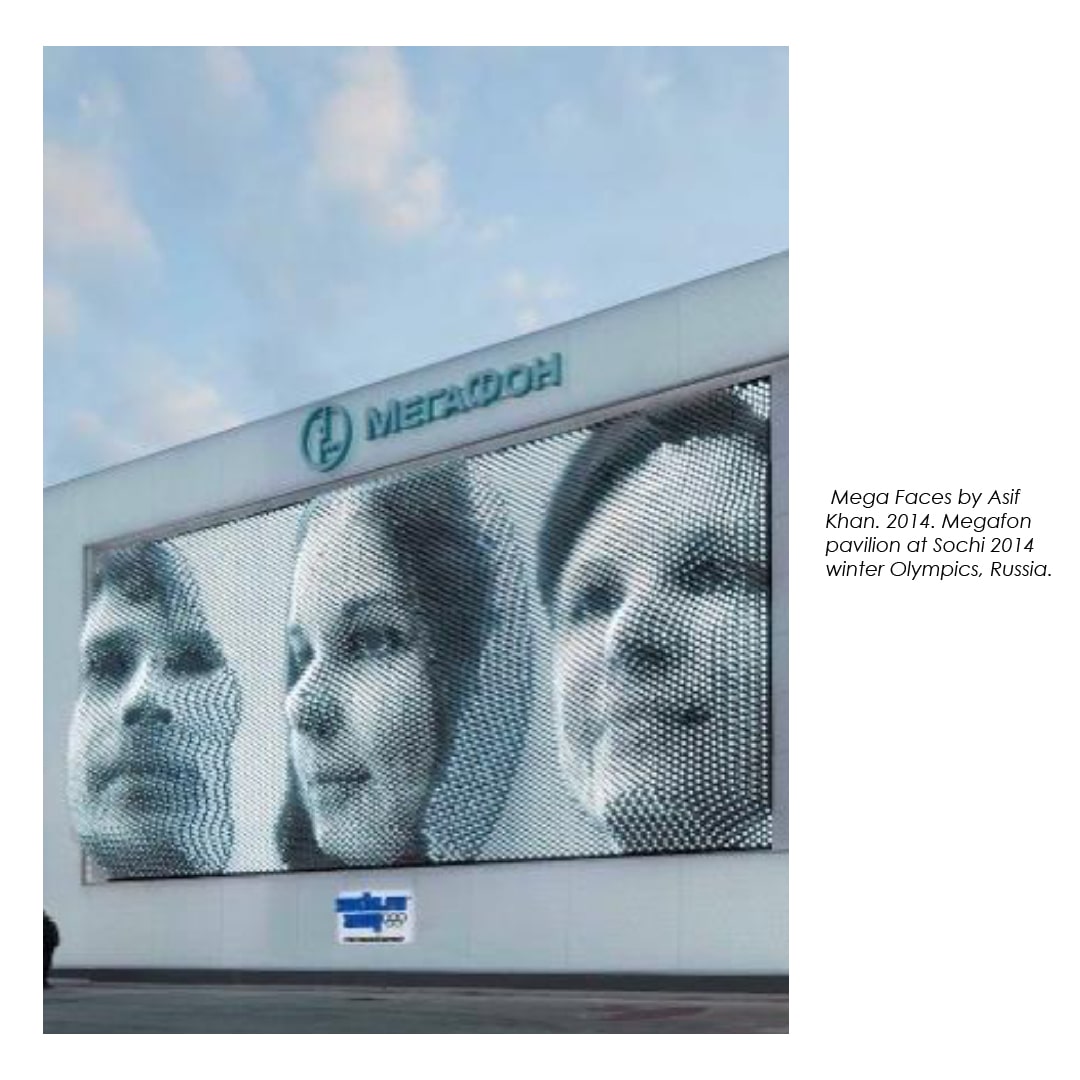 The rational criteria implied for the use of voxels and tetra-meshes is their ability to fulfill structural integrity and fabrication process as next steps for this thesis.
The rational criteria implied for the use of voxels and tetra-meshes is their ability to fulfill structural integrity and fabrication process as next steps for this thesis.




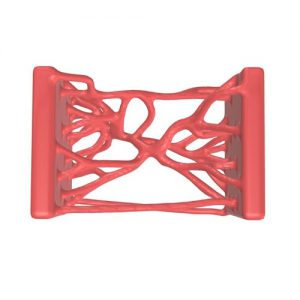
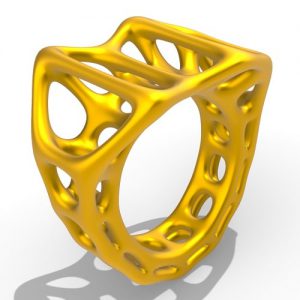
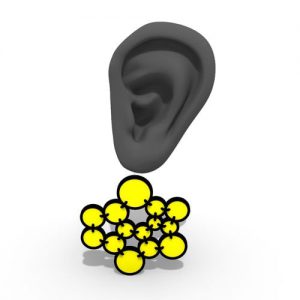
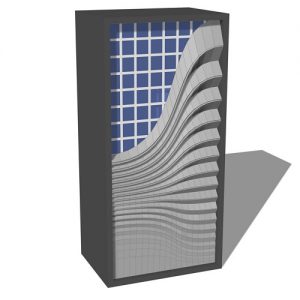
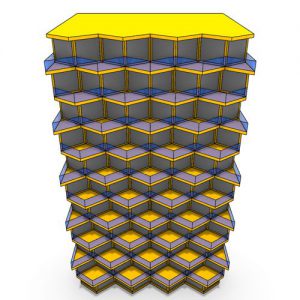

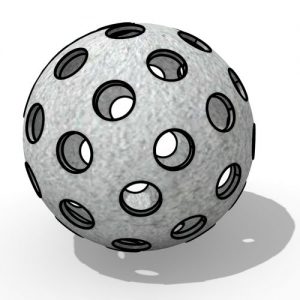
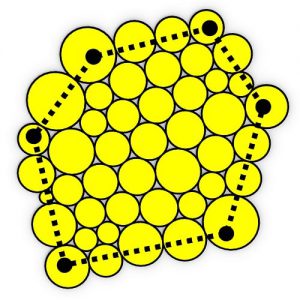
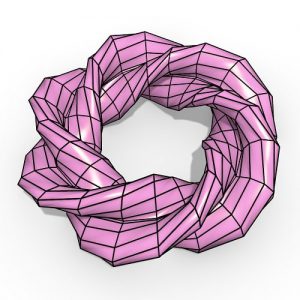
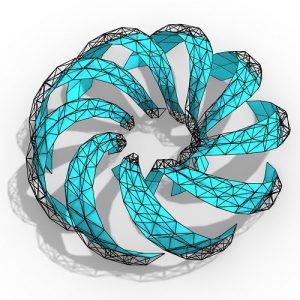
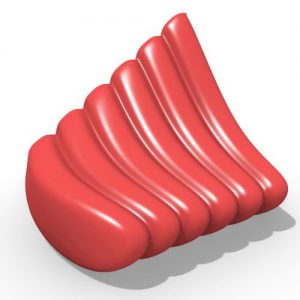
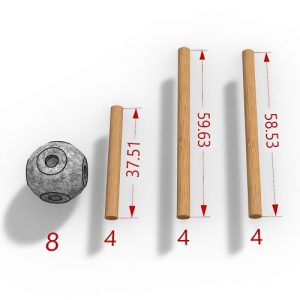

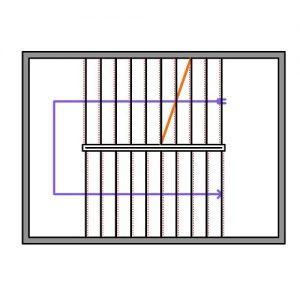
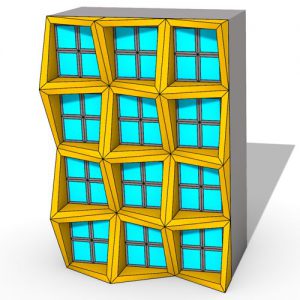
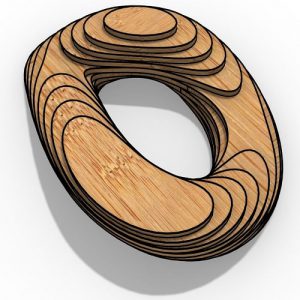
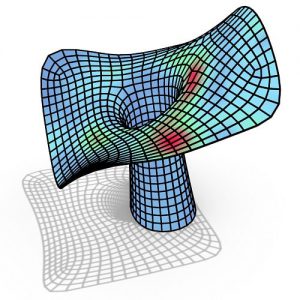
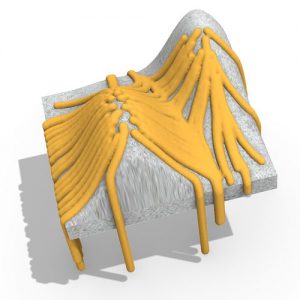
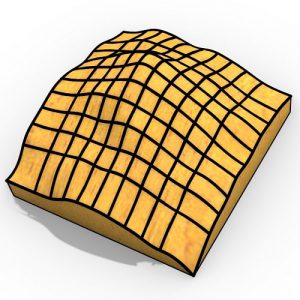
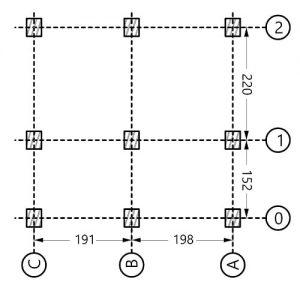

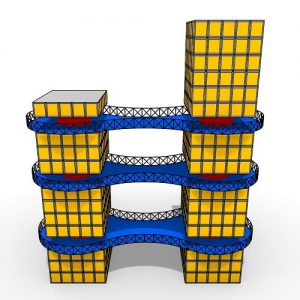


Comments